The number 1 to 7 found on the bottom of plastics is not a recycling symbol but rather a plastic or resin identification code. It advises what type of plastic the item is made from but not if it is recyclable. Most hard plastics coded 1-7 can be recycled in your yellow lidded recycling bin except for expanded polystyrene foam #6 and plastic bags #2 or #4.
| Common forms | Can it be recycled in the yellow lidded bin? | |
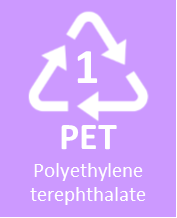 |
Water, soft drink and sport drink bottles, condiment bottles, peanut butter, vegemite and jam jars. |
YES as these items are a rigid/hard plastic, they can be recycled through your recycling bin. However if you can, avoid purchasing plastic bottles and choose to use re-usable, refillable or glass bottles instead. |
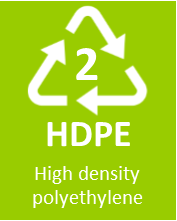 |
Milk and juice bottles, detergent, shampoo and conditioner bottles, water pipes and grocery bags. |
YES the rigid/hard plastic items can be recycled through your recycling bin. However lightweight soft plastic grocery bags cannot be recycled in the recycling bin. They get caught up in the machinery at the materials recycling facility (MRF) and mix with other materials such as paper. You can recycle your plastic bags and other soft plastics through the REDcycle bins found at participating stores. Click here to find locations near you. |
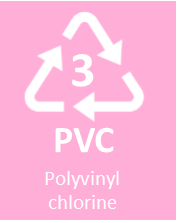 |
Flexible or rigid plastic used for plumbing pipes, clear cordial and juice bottles, bubble wrap, children’s toys and play mats, tablecloths, and vinyl flooring. |
YES the rigid/hard plastic items can be recycled through your recycling bin. Soft plastics, mats and flooring cannot be recycled in the recycling bin. Soft plastic such as bubble wrap and plastic packaging can be recycled in the REDcycle bins found at participating Coles and Woolworths stores. Cling film cannot be recycled through the REDcycle system.
|
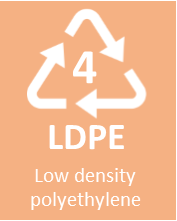 |
Bread bags, dry cleaning bags, newspaper bags, produce bags and bin liner bags as well as a lining in milk cartons and takeaway beverage cups. |
NO lightweight soft plastic bags cannot be recycled in the yellow lidded recycling bin. They get caught up in the machinery at the materials recycling facility (MRF) and mix with other materials such as paper. You can recycle your plastic bags and many soft plastics through the REDcycle bins found at participating stores. Click here to find locations near you. |
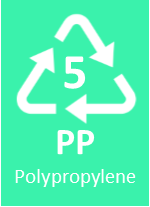 |
Ice cream containers and lids, yoghurt , margarine and butter containers, juice bottles, bottle caps, straws, plant pots and plastic takeaway containers. |
YES rigid hard plastic containers can be recycled. Bottle caps can be placed in loose.
|
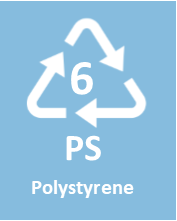 |
Foam cups and takeaway containers, moulded packaging, packing peanuts, meat trays, yoghurt , margarine and butter containers |
NO expanded polystyrene—foam cups , takeaway containers and packaging cannot be recycled in your recycling bin. Polystyrene breaks up into many small pieces and contaminates recyclable materials. Rigid, hard forms such as yoghurt and margarine containers can be recycled in your recycling bin.
|
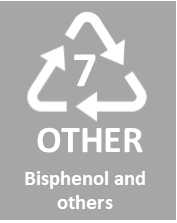 |
Nylon, safety and prescription glasses, sunglasses, baby milk bottles, headlight lenses, CDs and DVDs, water cooler bottles |
YES & NO As the number 7 includes a wide range of plastic types and items, the recyclability of these will depend on the individual item. |
Can black plastic be recycled?
Black plastics include plastic meat trays, plant pots and seedling trays, bottle lids, coffee pods and microwave trays as well as other packaging.
Black plastics are tricky to recycle as they don’t reflect light so this means that they can’t be identified and sorted by the optical scanners at recycling facilities. In South Australia plastic containers collected from residential yellow kerbside bins is also sorted by hand. This means that many black plastic items can be picked out by hand and recycled.
The Federal Government’s commitment to ensuring that all packaging is 100% recyclable or compostable by 2025 will hopefully help to phase out black plastics, polystyrene and other plastics that are difficult to recycle. Alternatively recycling facilities will need to develop technology that can sort and recycle it.
More importantly, we need to try and avoid and reduce our use of plastic as well as put pressure on our supermarkets and manufacturers to stop supplying products that cannot be recycled.
What is the difference between biodegradable, degradable and compostable plastic?
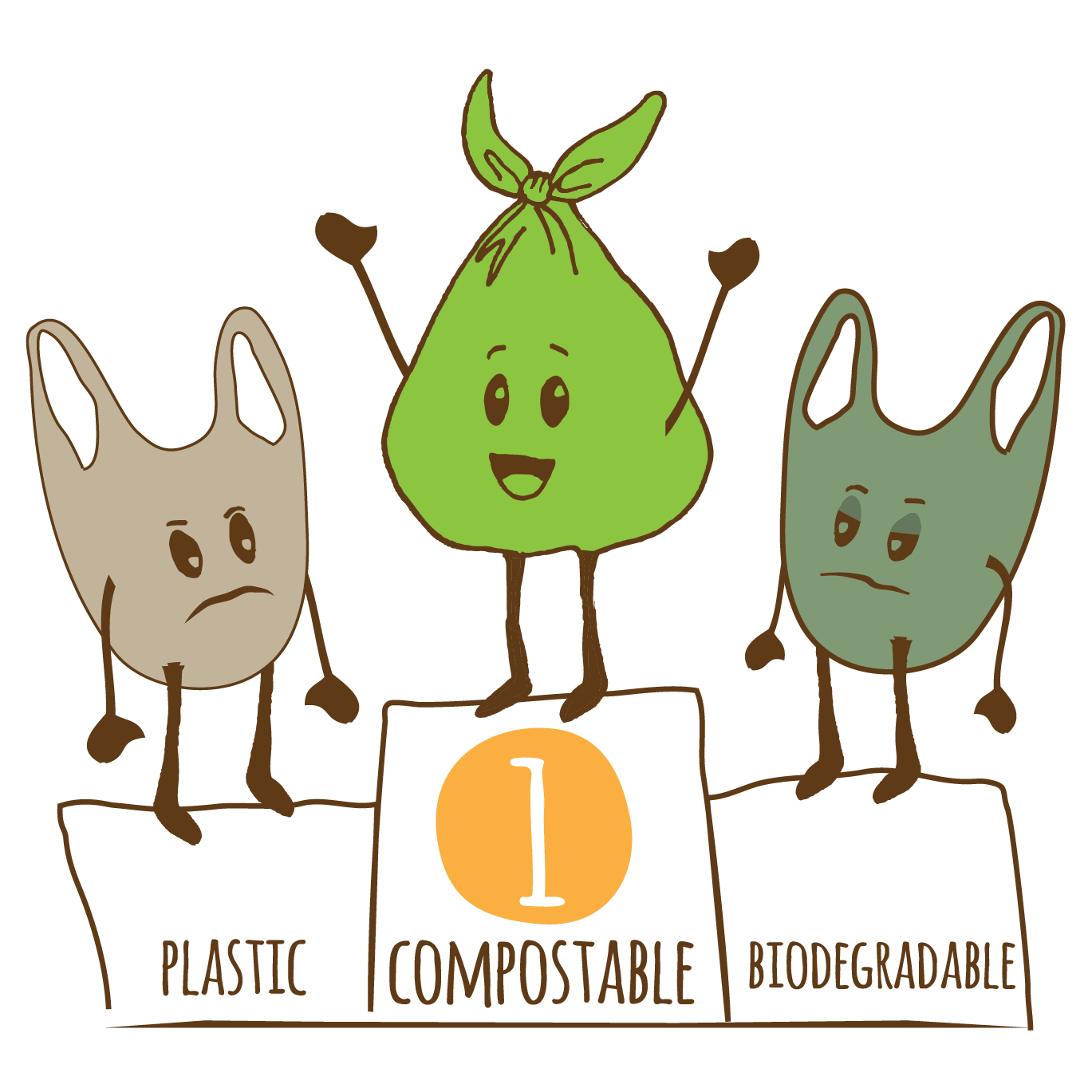
Click here for more information on the difference between Biodegradable, Degradable and Compostable plastic.
